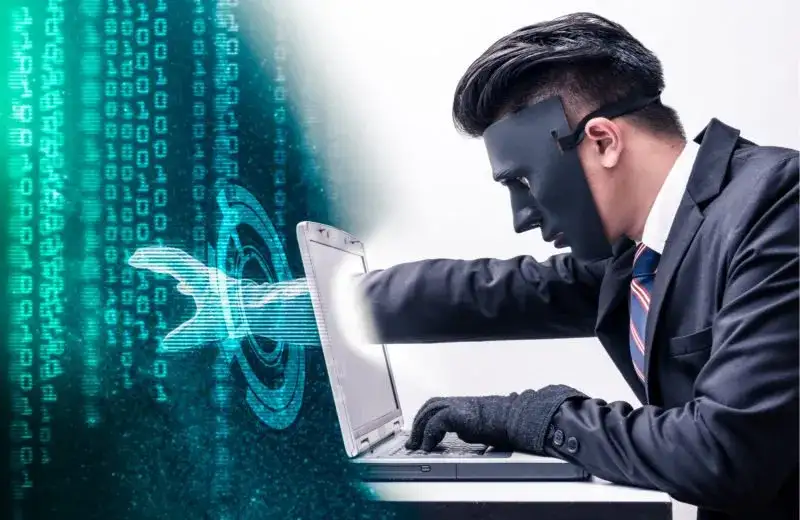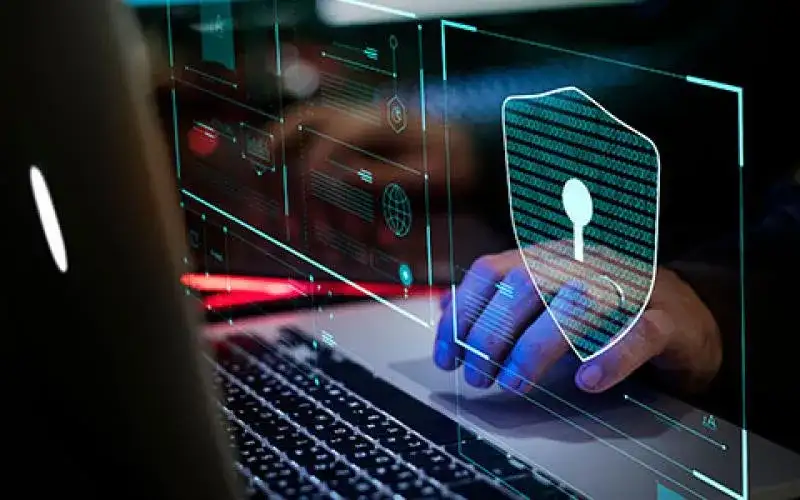The following article covers What is Intellectual Property Theft?
Every great idea, unique design, or revolutionary piece of software has its roots in someone’s intellect.
Such ideas and creations have immense value and are protected by intellectual property rights.
However, there is a growing menace that threatens these rights: intellectual property theft.
As a leading IP theft investigator and digital forensics company, Powerhouse Forensics frequently assists in the fight against this type of crime.
This article aims to clarify the concept of intellectual property theft and provide insights on mitigating the associated risks.
What is Intellectual Property Theft?
Intellectual property theft, as the name suggests, involves stealing or using another’s intellectual property without permission. This can range from pirating software to manufacturing knock-off designer goods.
In simpler terms, intellectual property refers to creations of the mind. This can include inventions, literary and artistic works, designs, symbols, names, and images used in commerce.
It’s a broad umbrella, encompassing everything from the latest smartphone design to the catchy jingle in a commercial.
The value of IP lies in its exclusivity. This exclusivity allows creators to profit from their work, encouraging innovation and economic growth.
But what happens when this exclusivity is compromised?

Types of Intellectual Property Theft
Intellectual property theft can take several forms, depending on the type of IP involved.
Copyright Infringement
This is when someone uses, reproduces, or distributes copyrighted work without the owner’s permission. Think pirated movies, music, or software.
Trademark Infringement
This involves using a trademarked logo, name, or design without permission, typically to deceive consumers. Ever seen a ‘Rolexx’ watch? That’s trademark infringement.
Patent Infringement
This occurs when someone makes, uses, or sells a patented invention without the owner’s permission. It’s a common issue in industries like technology and pharmaceuticals.
Trade Secret Theft
This involves the unlawful acquisition of confidential business information, like manufacturing processes or customer lists.

The Impact of Intellectual Property Theft
Intellectual property theft isn’t just unethical—it has serious economic and societal impacts.
Economic Impact
IP theft can have severe economic consequences. For businesses, it can lead to lost revenues, job losses, damage to brand reputation, and a decrease in innovation due to the risk of ideas being stolen.
At a macroeconomic level, IP theft can lead to a significant reduction in GDP and tax revenue. It can also distort trade relations and discourage foreign direct investment.
Intellectual property theft costs billions in lost revenue each year. It can drive businesses into bankruptcy and undermine economic growth.
Impact on Innovation
By reducing the financial incentive for innovation, intellectual property theft can slow technological progress and stifle creativity.

Security Implications
In the realm of technology and cybersecurity, IP theft can lead to severe security risks.
Stolen IP can be used to exploit vulnerabilities in software or systems, leading to further cybercrime such as data breaches, identity theft, and espionage.
Preventing Intellectual Property Theft
Luckily, some measures can be taken to prevent IP theft.
Patents
Patents give inventors exclusive rights to their inventions, usually for 20 years. This incentivizes innovation by ensuring inventors can profit from their work.
Trademarks
Trademarks protect brands. They give businesses exclusive rights to use specific names, logos, and other brand elements, helping them stand out in the marketplace and build consumer trust.
Copyrights
Copyrights protect original works of authorship, such as books, music, and films. They give creators exclusive rights to reproduce, distribute, and display their work.
Corporate Strategies
Companies also have a role to play in protecting their IP. This can include everything from securing trade secrets to aggressively pursuing legal action against infringers.

Case Studies of Intellectual Property Theft
To truly understand the significance of IP theft, let’s look at a couple of real-world examples.
IP Theft – Case Study 1
Consider the case of Samsung vs. Apple, one of the most well-known examples of patent infringement.
Apple sued Samsung for copying the design of the iPhone, leading to a long legal battle that ended with Samsung being ordered to pay hundreds of millions in damages.
IP Theft – Case Study 2
Or take the case of the music industry, which has been significantly impacted by copyright infringement. Look at the example of Napster.
Piracy and illegal downloads have cost the industry billions in lost revenue, leading to stricter copyright laws and enforcement.
What is Intellectual Property Theft – Final Thoughts
Intellectual property theft is a significant issue with far-reaching impacts. It’s not just a legal issue, but an economic and societal one as well.
Protecting IP is crucial for fostering innovation and maintaining economic growth. As such, it’s a responsibility that falls on everyone, from governments and corporations to individual consumers.
What is Intellectual Property Theft FAQs
What is the first step I should take if I suspect my IP has been stolen?
If you suspect your IP has been stolen, it’s essential to gather as much evidence as possible and contact an IP attorney to understand your legal options. You may also consider hiring a digital forensics company like Powerhouse Forensics to help with the investigation.
What can I do to protect my IP in the digital realm?
To protect your IP, ensure your cybersecurity measures are robust and up-to-date. This includes regularly backing up data, encrypting sensitive information, using reliable security software, and regularly auditing your systems.
How does Powerhouse Forensics investigate IP theft?
Powerhouse Forensics uses a combination of advanced digital forensics tools and expert knowledge to analyze data and trace the source of IP theft. We also help in recovering stolen IP and providing essential evidence in legal proceedings.
Can stolen IP be recovered?
In many cases, digital forensics can assist in recovering stolen IP. This may involve tracing digital footprints, recovering deleted files, and unearthing hidden data.
How can I create a culture of respect for IP rights in my company?
Respect for IP rights can be fostered through regular training sessions on the importance of IP, encouraging originality and innovation, and implementing strict policies against IP theft.